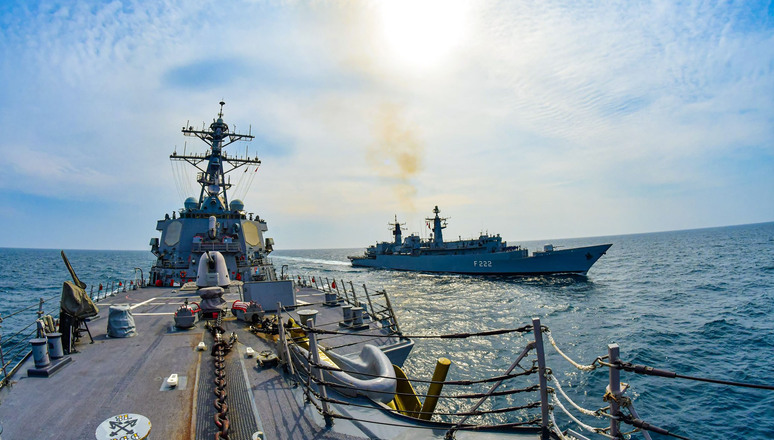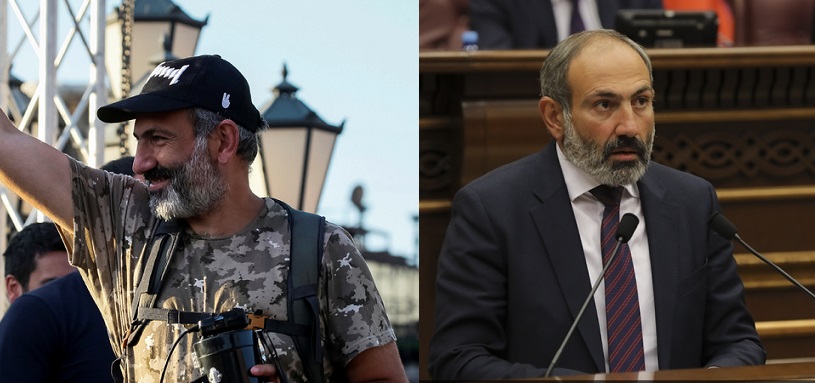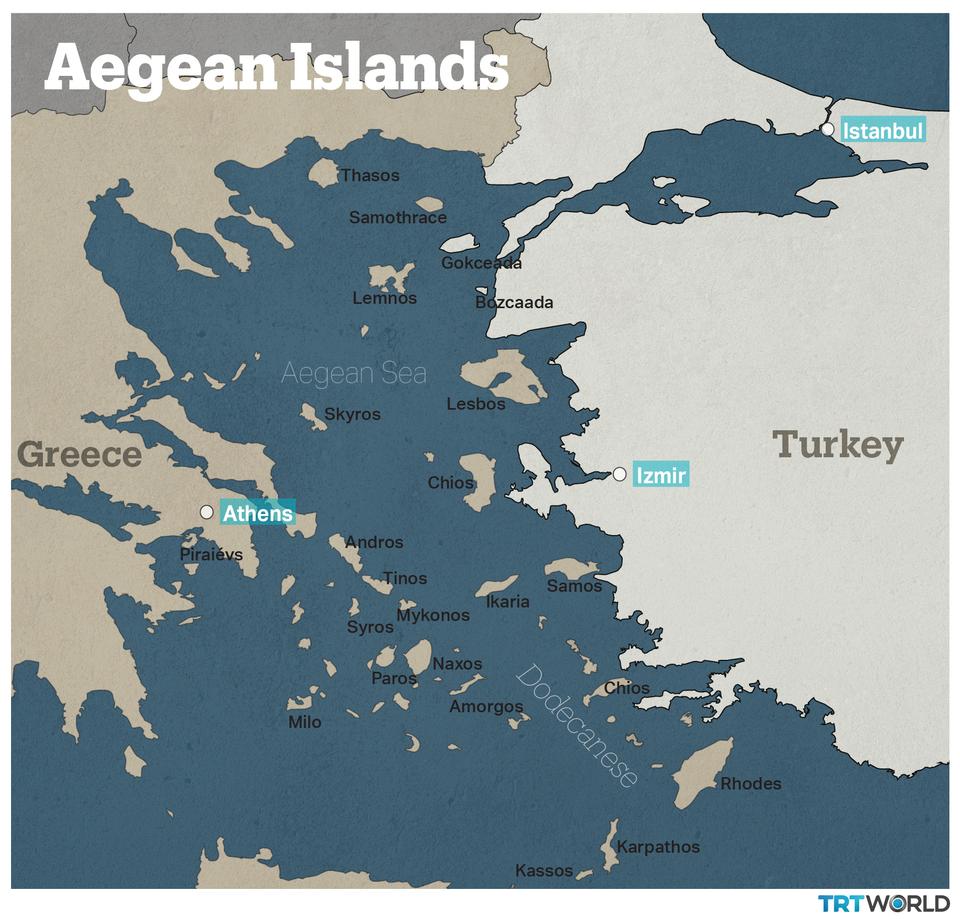To read the first article of this series, click here.
Risky Proposals for the Black Sea Security
Russia’s withdrawal from the Grain Initiative and its strikes at Ukrainian grain storage facilities again put the Black Sea under the spotlight. The exchange of threats between the Russian and the Ukrainian ministries of defense further intensified the tense atmosphere. On July 19th, the Russian Ministry of Defense declared “All ships going across the Black Sea to Ukrainian ports will be considered potential carriers of military-purpose cargoes…” Russian MoD also threatened that it would view the flag states of such ships as participating in the conflict on the Ukrainian side. The next day, Ukraine reciprocated in a tit-for-tat fashion by stating that vessels sailing to Russian-controlled ports in the Black Sea may be considered as carrying military cargo with all the corresponding risks and be targeted accordingly.
These developments once again set the agitation campaign that seeks to bring the war to the Black Sea in motion once again. The retired four-star U.S. naval officer James Stavridis in his piece published in the Washington Post on July 25th advocated a NATO operation to escort and guard vessels sailing from/to Ukrainian ports in the Black Sea.
In his article, Stavridis states that because there is no state of declared war between the parties, Russian blockage of the Ukrainian ports amounts to a violation of international law. However, this argument does not hold when even the United Nations Secretary-General Antonio Guterres in his speeches uses the word war when referring to the situation. In addition, no one objected when Türkiye closed its straits to war vessels in the early days of the war by relying on the relevant articles of the Montreux Convention that regulate wartime maritime traffic. This confirms that the international community regards the situation as a state of war. Another thing that Stavridis overlooks is that Ukraine, too, threatened Russia with blocking its Black Sea ports. Hence, if we are to speak about violation of international law, there is not just one but two parties responsible.
To make his point, Stavridis also claims that blockage of the ports amounts to curtailment of freedom on the high seas, which is a breach of international law. This argument of Stavridis is a blatant manipulation. The reality is that every inch of the Black Sea is under the national jurisdiction of one of the Black Sea littoral states. This fact, which was also determined by the European Parliament in 2012, invalidates Stavridis’ high sea argument.

Maritime jurisdiction in the Black Sea. Source: European Parliament Directorate –General for Internal Policies (2012), Fisheries cooperation in the Mediterranean and the Black Sea, p. 28. EEZ: Exclusive Economic Zone; IW: Internal Waters; TS: Territorial Sea; (https://www.europarl.europa.eu/RegData/etudes/note/join/2012/495833/IPOL-PECH_NT(2012)495833_EN.pdf)
Stavridis’ manipulation is a reflection of the ongoing campaign carried out by some political and think-tank circles to alter the status of the Black Sea. This veiled objective reflects itself in author’s indirect approximation of the status of the Black Sea with that of the Persian Gulf, and the status of the Turkish Straits with the status Strait of Hormuz in his article. The reality, however, is that the Black Sea and the Turkish Straits have distinct statuses sealed by the 1936 Montreux Convention. Here it should also be underlined that in the communique of the last NATO Summit in Vilnius on 11-12 July 2023, the importance of the Montreux Convention for NATO’s Black Sea strategy was affirmed.
Stavridis makes an analogy between the Black Sea and the Persian Gulf to base his proposal for a NATO operation on a historical example, i.e., Operation Earnest Will that was carried out by the US in the Strait of Hormuz between July 1987 and September 1988 to protect the Kuwaiti tankers from Iranian attacks. Making an analogy between the so-called Tanker War more than thirty years ago in the Persian Gulf and the recent crisis in the Black Sea does not hold. First, as stated above, the statuses of the Turkish Straits-Black Sea and the Strait of Hormuz-Persian Gulf are completely different. Second, Iran in the late 1980s and Russia in 2023 are completely different animals. The military capabilities of present-day Russia and Iran thirty years ago are even not comparable. Most importantly, Russia is a nuclear state that does not shy away from threatening the West with nuclear war.
Actually, Stavridis is aware of the risk of NATO-Russia escalation, yet, he inconceivably trivializes this risk by mentioning the possibility of “collateral damage.” Notwithstanding, the resultant damage of a NATO-Russia war will be much bigger than a collateral one. Here the point is not to give in to Russia’s threats and nuclear blackmail, but to find smart strategies and tactics to prevent the devastating consequences of a nuclear war. This approach has been uttered many times by NATO officials and the leaders of Western countries.
Lastly, talking about historical examples, it is also seen that Stavridis has not drawn accurate lessons from history. This is seen from his advocacy of a unilateral NATO intervention sidelining the UN. However, it should have been clear to Stavridis that US’ unilateral moves in the first two decades after the collapse of the Soviet Union led to the rise of centrifugal tendencies and political polarizations, which resulted in the demise of the US power and the emergence of a multipolar world. Sidelining the UN and other multilateral mechanisms whenever appears more advantageous will surely have undesirable consequences in the long run.
*Photograph: NATO


 THE JUDGEMENT OF THE EUROPEAN COURT OF HUMAN RIGHTS GRAND CHAMBER ON PERİNÇEK v. SWITZERLAND CASE in PERSPECTIVE - 2: THREE DISQUALIFIED ARGUMENTS AND “THE PREVENTION OF DISORDER”
THE JUDGEMENT OF THE EUROPEAN COURT OF HUMAN RIGHTS GRAND CHAMBER ON PERİNÇEK v. SWITZERLAND CASE in PERSPECTIVE - 2: THREE DISQUALIFIED ARGUMENTS AND “THE PREVENTION OF DISORDER”
 AN INQUIRY INTO NANCY PELOSI’S VISIT TO ARMENIA
AN INQUIRY INTO NANCY PELOSI’S VISIT TO ARMENIA
 AN ANALYSIS OF THE POLITICS IN ARMENIA AFTER THE “VELVET REVOLUTION”
AN ANALYSIS OF THE POLITICS IN ARMENIA AFTER THE “VELVET REVOLUTION”
 THE KARABAKH CONFLICT AND THE LAWFARE OF ARMENIA: ARMENIA’S CAMPAIGN FOR REMEDIAL SECESSION (I)
THE KARABAKH CONFLICT AND THE LAWFARE OF ARMENIA: ARMENIA’S CAMPAIGN FOR REMEDIAL SECESSION (I)
 BECOMING THE PART OF THE PROBLEM: THE FAULTY POLICIES OF THE WEST IN EURASIA AND THE SOUTH CAUCASUS
BECOMING THE PART OF THE PROBLEM: THE FAULTY POLICIES OF THE WEST IN EURASIA AND THE SOUTH CAUCASUS
 THE INTERNATIONAL ORDER BASED ON RIGHTS AND RULES LEAVES ITS SEAT TO A NEW WORLD DISORDER
THE INTERNATIONAL ORDER BASED ON RIGHTS AND RULES LEAVES ITS SEAT TO A NEW WORLD DISORDER
 TÜRKİYE’S MEDIATION IN THE UKRAINE-RUSSIA WAR
TÜRKİYE’S MEDIATION IN THE UKRAINE-RUSSIA WAR
 GREEK FOREIGN MINISTER DENDIAS CONCEDES THE DEMILITARIZED STATUS OF THE EASTERN AEGEAN ISLANDS AND THE DODECANESE
GREEK FOREIGN MINISTER DENDIAS CONCEDES THE DEMILITARIZED STATUS OF THE EASTERN AEGEAN ISLANDS AND THE DODECANESE
 TURKIYE-CHINA RELATIONS: OPPORTUNITIES AND CHALLENGES
TURKIYE-CHINA RELATIONS: OPPORTUNITIES AND CHALLENGES
 ITALIAN REACTION TO THE CAROLINGIAN EU PROJECT
ITALIAN REACTION TO THE CAROLINGIAN EU PROJECT




























